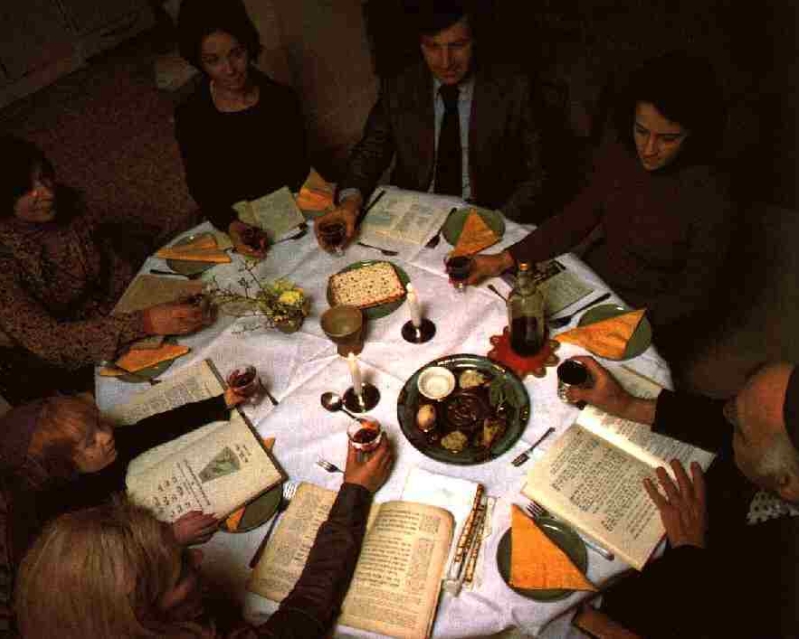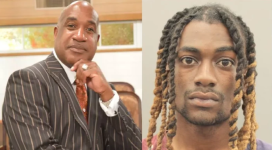
Religious holiday timing depends on which calendar used: Jewish, Gregorian or Julian. Many people this weekend are wondering why the Jewish holiday of Passover started Friday, April 22, when Easter for many Christians this year came "early" a month ago. The answer actually lies in the moon and the sun.
Passover falls on the same day in the Jewish calendar every year, but because that calendar is based on the lunar cycle, the celebration of Passover varies according to the Gregorian calendar, states Time.
To keep the Hebrew year aligned with the seasons of the solar calendar, the Jewish calendar includes leap years that add an extra month. Because 2016 is a leap year, the extra month pushed Passover into late April.
The Jewish calendar and the timing of religious holidays are set with the lunar calendar, while most of the rest of the world uses the Gregorian calendar, which is based off the sun, said Josh Dorsch, associate rabbi at Beth El Synagogue Center in New Rochelle, New York, as reported by Patch.
Dorsch said many significant Jewish holidays originated as agricultural holidays. "Their times were fixed, in accordance with specific dates on their Lunar calendar, and their seasons."
As for Easter, the date depends on which church: those that chose the western church follow the Gregorian calendar, and those that chose the eastern kept the Julian calendar.
Catholics and most Protestants use the new Gregorian calendar decreed by Pope Gregory XIII in 1582 to calculate the date of Easter, according to Yahoo research.
Easter is a "movable" feast based on the full moon and the vernal equinox (the official start of spring).
The Old Farmers Almanac explains it: In Christian churches that follow the Gregorian calendar for determining the date of Easter, the observance can never occur before March 22 or after April 25. That was March 27 in 2016. In Christian churches that follow the Julian calendar for determining the date of Easter, the observance can occur between April 4 and May 8 (using Gregorian calendar dates).
So Eastern Orthodox churches in the United States are even later, this year, than Passover: They will celebrate Easter May 1.
Those calendars are both based on the movement of the earth around the sun.
Whereas, Dorsch points out, a lunar month is about 29.5 days long, so a lunar year (12 lunar months) is only 354 days long.
"Every few years, we observe a leap year so that our holidays, which have set dates on the calendar, match up with their appropriate seasons," Dorsch said.
But it's not like the Gregorian calendar leap year.
"Because the Lunar year is 11 days shorter than the Gregorian Calendar, which is 365 days long, during a leap year on the Jewish Calendar we add a whole extra month," he said. "One of the many names for Passover is also a Holiday of the Spring Time, because it is usually celebrated during the beginning of the Spring season. But, if we didn't add a leap month every few years, after a while, we would be celebrating it the wrong season."
The earliest Easter can be is March 22, as it was last in 1818 and will be next in 2285. The latest Easter can be is April 25, as it was last in 1943 and will be next in 2038.







